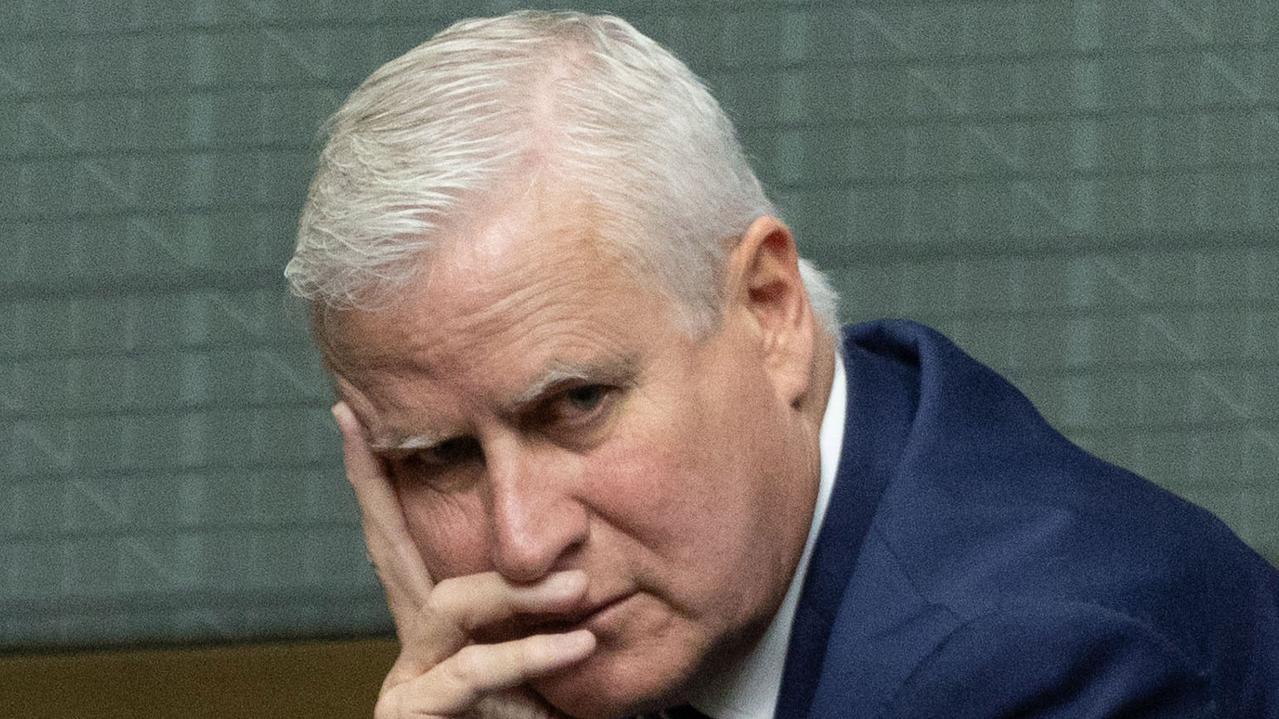Alternatives to a pay rise: non-monetary compensation you could negotiate
Aussie workers fed up with the state of their salaries are saving thousands of dollars a year, or earning better working conditions by negotiating non-monetary forms of compensation.

National
Don't miss out on the headlines from National. Followed categories will be added to My News.
Fed up with minuscule pay rises, Aussie workers are turning to non-monetary forms of compensation to help make ends meet.
Workers can achieve the equivalent of a six per cent salary increase through savings offered by staff discount programs, while novated lease arrangements may shave more than $5000 off the cost of a car.
Although most workers still view cash as king, experts say other forms of compensation are far easier to negotiate with bosses and can significantly reduce the crushing impact of costs of living.
Budget boost
Amid rising inflation, workers expect employers to do more to reduce their financial woes, says Kylie Terrell, sales director at employee engagement platform Reward Gateway.
But as increased business costs cause bosses to also feel the pinch, “not every organisation … has the flexibility to explore salary increases to the degree they would like’’, she says.
Staff rewards and discount programs are an effective means to bridge the gap, with the average savings equivalent to a six per cent pay rise, Terrell says.
Some workers are able to save up to $4000 a year.
“(Staff discount programs) give the ability to extend disposable income by offering savings on things like everyday essentials,’’ Terrell says.
“In addition to the everyday essentials … there’s (annual) savings of anywhere between $200 and $300 upwards (on non-essentials, such as travel and holidays), depending on your spending habits.’’

‘Supporting our entire family’
Joy Adan saves four per cent on every grocery shop thanks to the Reward Gateway discount program, leaving her with more money for other expenses.
The program also provides her with savings of up to 10 per cent on kids clothing, toys, vitamins, toiletries, gifts, electronics, eating out and travel.
“On average, I save about $1200 a year but, surprisingly, that’s considered quite moderate compared to others,’’ Adan says.
“The savings have helped support our entire family.
“It has really helped to free up our household budget and ease the pressures of the current cost-of-living crisis, especially since I work part-time.’’
Drive away savings
As Aussies continue to look for ways to make their dollar stretch further, novated leasing is becoming increasingly popular, allowing employees to pay for their car and its running costs directly through a salary deduction.
As the novated lease is between the employer and a financier who can claim back GST, there are significant GST savings, providing an upfront discount of up to $5245 on the purchase of a new or used vehicle, says Novated Lease Australia chief executive officer Bevan Guest.
“Workers will find there are further savings to be had by using pre-tax salary for the lease payments to save on tax – this is known as salary sacrificing their car,’’ Guest says.
“They are then able to bundle car running costs, such as fuel or electricity (for electric or hybrid vehicles), insurance, registration, servicing and tyres, into their pre-tax repayments and save on the GST they would have paid for all of those costs.’’
Over five years, Guest says a novated lease arrangement can provide tax savings of more than $33,000.

Save by going flexible
In lieu of a pay rise, Gartner research and advisory vice president Aaron McEwan urges workers to negotiate more flexible work conditions to positively impact their household budget.
McEwan says such requests are likely to be received more favourably by employers, given they have minimal impact to a company’s bottom line.
“In the context of high costs of living, we know that it costs employees significantly more money to go to the office than it does to work from home … either in public transport costs or fuel costs to travel to the office, lunches and all of those sorts of things,’’ he says.
Culture Amp chief people officer Justin Angsuwat says the key to successfully requesting an alternative to a salary increase is to be specific and remind bosses why it’s well deserved.
“Instead of asking for flexibility in hours, share what flexibility looks like – it might be working from home more, a nine-day fortnight, a four-day work week, flexible start or end time or more days for volunteering or mental health,’’ he says.
While “cash is still top of mind’’ for workers, Angsuwat says pay rise alternatives can be an effective means of easing financial stress.
“In the current environment, it’s best to ask for and accept whatever financial help you need while also understanding what the market remuneration is for your role,’’ he says.
Ways to save
The most accessed categories for employee discount programs:
1. Groceries
2. Electronics
3. Travel
4. Home
5. Garden
Source: Reward Gateway
Originally published as Alternatives to a pay rise: non-monetary compensation you could negotiate






